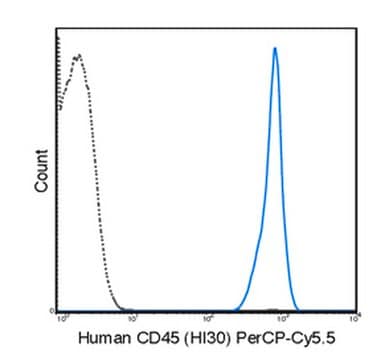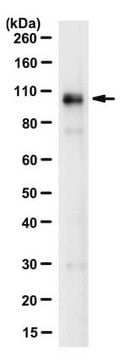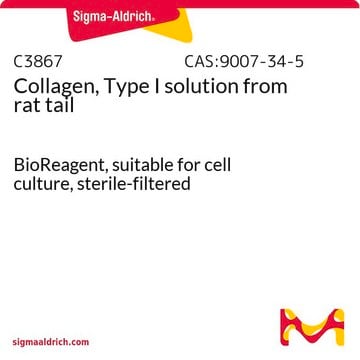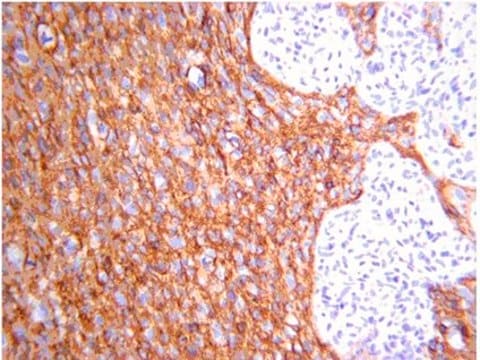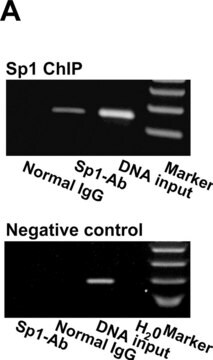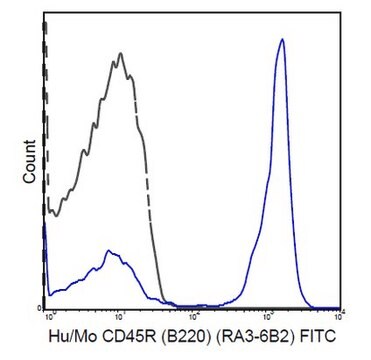MABN356
Anti-FKBP4 Antibody, clone 2H9.1
clone 2H9.1, from mouse
Synonym(s):
Peptidyl-prolyl cis-trans isomerase FKBP4, PPIase FKBP4, 51 kDa FK506-binding protein, FKBP51, 52 kDa FK506-binding protein, 52 kDa FKBP, FKBP-52, 59 kDa immunophilin, p59, FK506-binding protein 4, FKBP-4, FKBP59, HSP-binding immunophilin, HBI, Immunophi
About This Item
WB
western blot: suitable
Recommended Products
biological source
mouse
Quality Level
antibody form
purified immunoglobulin
antibody product type
primary antibodies
clone
2H9.1, monoclonal
species reactivity
human
technique(s)
immunohistochemistry: suitable (paraffin)
western blot: suitable
isotype
IgG1κ
NCBI accession no.
UniProt accession no.
shipped in
wet ice
target post-translational modification
unmodified
Gene Information
human ... FKBP4(2288)
General description
Immunogen
Application
Neuroscience
Developmental Signaling
Quality
Western Blotting Analysis: 0.25 µg/mL of this antibody detected FKBP4 in 10 µg of T47D cell lysate.
Target description
Physical form
Storage and Stability
Other Notes
Disclaimer
Not finding the right product?
Try our Product Selector Tool.
recommended
Storage Class Code
12 - Non Combustible Liquids
WGK
WGK 1
Certificates of Analysis (COA)
Search for Certificates of Analysis (COA) by entering the products Lot/Batch Number. Lot and Batch Numbers can be found on a product’s label following the words ‘Lot’ or ‘Batch’.
Already Own This Product?
Find documentation for the products that you have recently purchased in the Document Library.
Our team of scientists has experience in all areas of research including Life Science, Material Science, Chemical Synthesis, Chromatography, Analytical and many others.
Contact Technical Service